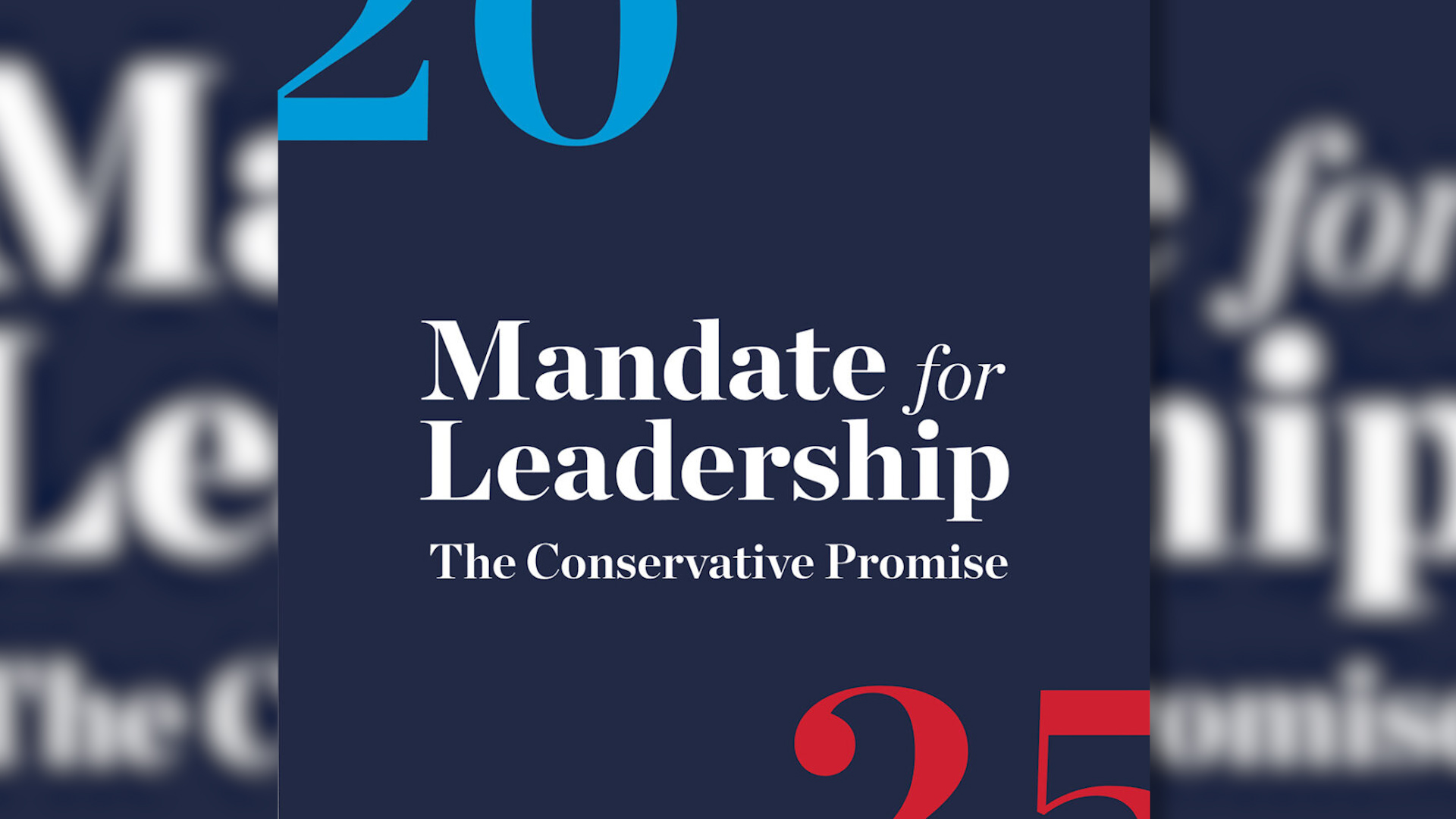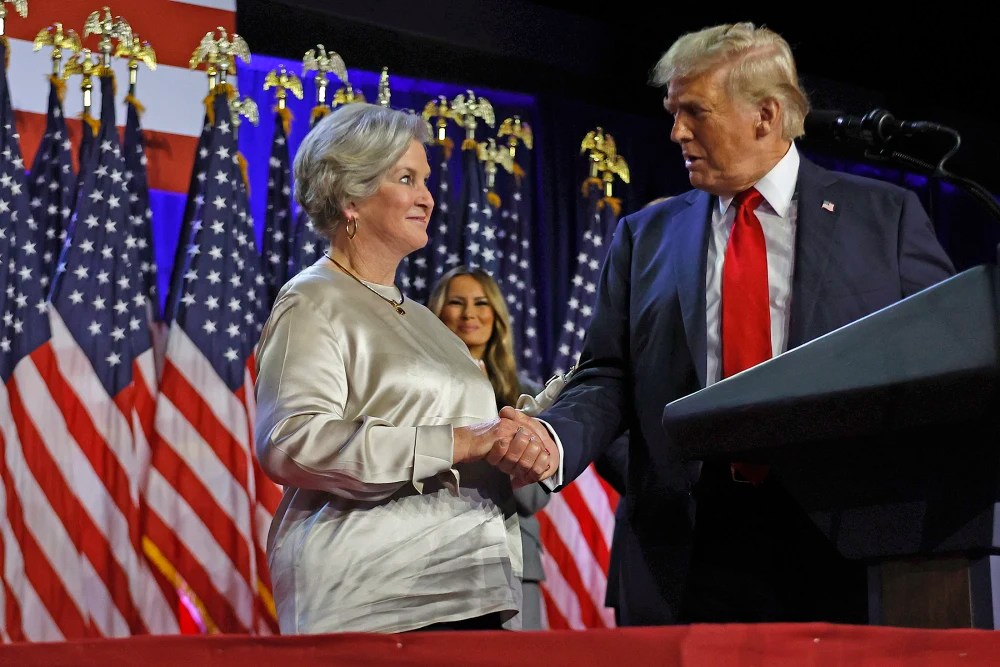Illinois voters will decide this November election on a potential change to the state's constitution, which centers on workers rights.
Known as the workers' rights amendment, or Amendment 1, voters will be asked whether they wish to establish a constitutional right for employees to organize and bargain collectively, specifically to negotiate “wages, hours and working conditions and to protect their economic welfare and safety at work.”
The amendment follows the defeat of the Graduated Income Tax amendment in the 2020 election.
Here's what it is, who supports it, who opposes it and what it would change.
What is the Workers' Rights Amendment?
The synopsis of the bill, as crafted by the General Assembly, reads:
"(The bill) Proposes to amend the Bill of Rights Article of the Illinois Constitution. Provides that employees shall have the fundamental right to organize and to bargain collectively through representatives of their own choosing for the purpose of negotiating wages, hours, and working conditions, and to protect their economic welfare and safety at work. Provides that no law shall be passed that interferes with, negates, or diminishes the right of employees to organize and bargain collectively over their wages, hours, and other terms and conditions of employment and work place safety, including any law or ordinance that prohibits the execution or application of agreements between employers and labor organizations that represent employees requiring membership in an organization as a condition of employment. Provides that these provisions are controlling over home rule powers.”
Local
The amendment would specifically amend Article 1 of the state’s constitution, referred to in the synposis as the state's "Bill of Rights." That article essentially mirrors the Bill of Rights in the U.S. Constitution, while also providing protections in other areas as well, including prohibiting discrimination based on sex and discrimination based on physical or mental handicaps.
The amendment would also amend Article 7, which sets guidelines for powers given to local governments under “home rule” provisions in the constitution.
Feeling out of the loop? We'll catch you up on the Chicago news you need to know. Sign up for the weekly Chicago Catch-Up newsletter.
How Will Voters Know Whether the Amendment Passed or Failed?
The measure would need 60% approval in order to pass and to amend the state’s constitution.
Who Supports the Measure?
Labor groups representing both public and private workers have largely supported the measure, including the Chicago Teachers’ Union, the Illinois chapter of the AFL-CIO and the SEIU.
Illinois Democrats, including Gov. J.B. Pritzker, have also expressed support for the amendment.
“Worker safety and economic security is a fundamental right of all workers from domestic workers to PHDs,” said Illinois AFL-CIO President Tim Drea in a statement. “Everybody deserves a safe workplace and economic security.”
Who Opposes the Measure?
Business groups, including the Chamber of Commerce and the Illinois Manufacturer’s Association, have voiced opposition to the measure, as has the Illinois Republican Party as a whole, though some GOP lawmakers have expressed support for the amendment.
The Chamber of Commerce’s President and CEO Todd Maisch argues that the measure would invest more political power into union leadership, and wouldn’t allow for the gains in income and job security that the amendment’s proponents have promised for workers.
The Illinois Policy Institute also argues that by giving more power to public unions, state residents would be impacted with higher property tax bills because of the extra advantages the amendment could potentially convey to unions in collective bargaining discussions.
Research conducted by the IPI argues that property tax bills could increase by a collective $2,100 over the next four years, though property tax rates have steadily increased in recent years, according to US Census Bureau data.
So What Exactly Will it Do?
For all intents and purposes, the amendment will codify the right of workers to unionize into the state’s constitution.
It would also prohibit state government from passing “right-to-work” laws, which are currently in effect in at least 27 U.S. states.
According to Cornell Law, "a state that has a law prohibiting union security agreements is a so-called 'Right to Work' state."
Illinois has a long history of labor organizing with effects that reverberate nationwide, dating back to the 19th century Haymarket Affair and Pullman strike, both in Chicago. And as some states across the U.S. have passed right-to-work laws in recent years - prohibiting union membership or dues payment as a condition of employment - Illinois has again played a central role in that national conversation. Read more about the history of the proposed amendment here.
Amendment 1 would specifically add this language to Article I of the state constitution:
A – Employees shall have the fundamental right to organize and to bargain collectively through representatives of their own choosing for the purposes of negotiating wages, hours and working conditions, and to protect their economic welfare and safety at work. No law shall be passed that interferes with, negates or diminishes the right of employees to organize and bargain collectively over their wages, hours, and other terms and conditions of employment and to workplace safety, including any law or ordinance that prohibits the execution or application of agreements between employers and labor organizations that represent employees requiring membership in an organization as a condition of employment.
B – The provisions of this Section are controlling over those of Section 6 of Article VII.
How Will the Amendment Process Work?
The General Assembly passed the amendment in 2021, setting the stage for it to appear on the ballot in November 2022.
The next step is in the hands of the voters, and there are two ways that the amendment can become law in the state.
The first is if it receives three-fifths support from those who cast votes specifically on the amendment. If 1,000,000 residents vote, but only 500,000 cast ballots on the amendment, then it would need 300,000 votes to pass.
The other way involves the overall number of votes cast in the election. If 1,000,000 voters cast ballots, and all make choices on the amendment, then the measure would need a simple majority to pass and become law.
If either of those things occur, then it will become law quickly. Under the Illinois Constitution, the measure must be certified and declared adopted by the State Board of Elections within 20 days of the election.
Top races, voting FAQ and more. Get everything you need before Election Day with our Voters Guide.



